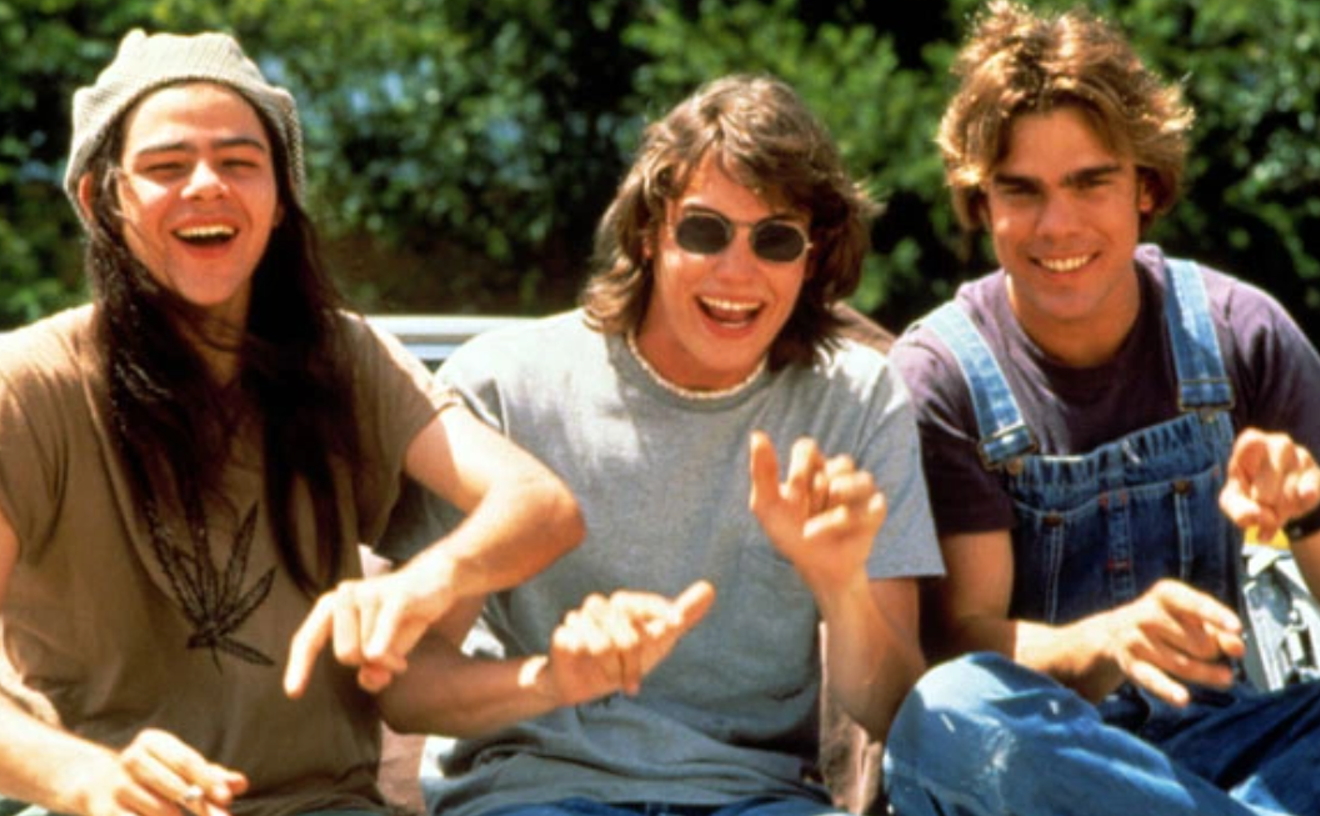Some art-walkers were treated this month to a green tricycle bearing a surprising array of goodies: Chocolate cookies with prickly pear jam on top, walnut fudge, vegan coconut muffins, and pamphlets about needle exchange and HIV prevention.
Such was the bounty of the Mobile Bake Unit, a fundraiser-mobile of the Phoenix Harm Reduction Organization.
Haley Coles and Turiya Gepner, co-founders and Education and Outreach Coordinators for the group (PHRO for short), say they're one of the few grassroots orgs in town that provides harm reduction services for those at risk of HIV from syringe use.
A syringe exchange program, or SEP, provides sterile syringes, as well as other materials such as swabs and clean water, to reduce the risk of disease for intravenous drug users (IDU's). This contact is also an opportunity to talk to IDU's about safer practices, disposal, safe sex education, and how to get treatment.
But what PRHO does is harm reduction, not syringe exchange, its
organizers stress.
Coles says they originally hoped to set up an SEP, they quickly realized the law would get in the way.
In the state of Arizona, it is illegal to distribute syringes if you know -- or should know -- that person will use drugs with them.
Plus, Sheriff Joe Arpaio has said he will do everything in
his power to keep syringe exchange a non-reality on his turf, although Pima County has made greater strides in allowing SEP's to operate (see also here).
Because of this, Coles says PHRO decided to take a "two-pronged" approach: On one front, they raise awareness about SEP and harm reduction in an effort to have syringe exchange legal in Arizona someday.
But since such change to state laws could take a decade or more, by Coles's estimates, she says the group's short-term goals are "doing what we can now" to prevent HIV.
The harm reduction kits PHRO distributes contain everything
the group can legally give to IDU's (cotton swabs, an information packet,
condoms, etc.)
"If we could give out syringes, we totally would, but we just can't," Coles says.
"Basically, it is being willing to meet people where they're at," says Gepner of harm reduction. It's the difference between supporting drug use and supporting drug users' human rights to health, resources, and education.
"People can't make smart decisions if they don't have the proper education," Gepner says.
PHRO still has a single-digit members, but has been up and running for around two years. Organizers say their goals center on HIV and Hepatitis C prevention, health education, and greater awareness of harm reduction, and less dirty needles on the streets.
| Tye Rabens |
| The Mobile Bake Unit raised money to provide more of these for free to Valley users. |
The surging, faceless First Friday crowd could be a metaphor for the societal dead air PHRO says it must cut through with its outreach.
As four audacious tweens shred through a high-decibel Sum 41 cover next to Grow (Mobile Bake Sale's launch point) during a recent First Friday, Coles explains that while their campaign for harm reduction has yet to come across direct resistance, "the stigma still runs very high."
One common reaction to harm reduction is that providing clean needles to users promotes drug use. A typical SEP advocates' response is that people won't use dirty needles if they have access to clean ones, and that users with drug and sex education are more likely to make healthy decisions than users without.
This controversy is not limited to Phoenix borders.
Efforts similar to PHRO have sprung up (and sometimes been crushed) everywhere from Scotland to Malaysia in the past three decades. Sterile needle exchange was endorsed by as "a fundamental component of any comprehensive and effective HIV-prevention programme" by a 2004 World Health Organization report. (Though the same report suggested that more research is needed and that legal sale of clean needles in pharmacies may be even more effective.) Overall, studies hint that such programs reduce HIV transmission, risky user behavior, and enrollment in drug treatment without increasing substance abuse.
A 20-plus-year Congressional ban on SEP's was lifted in 2009, only to be reinstated late last year. Now, it's up to individual states to decide on harm reduction, and Gepner says Arizona is a little behind schedule.
PHRO plans to get more involved in policy, law, and public workshopping in the near future, hoping to get science on their side in public discussion of SEP's.
But Coles says the number one priority for PHRO right now it to raise funds, "so we can continue existing."
"We're not trying to make any money," Gepner adds.
The Mobile Bake Unit, their first fundraiser in about a year, raised more than $100 on First Friday. The proceeds will go straight toward printing and supply costs, organizers said in a follow-up email, because all baked goods were donated by community members. (Buying the goodies was also completely by donation.)Also, PHRO gave away all two liters' worth of condoms. (Now that's a successful fundraiser.)
Follow Jackalope Ranch on Facebook and Twitter and Pinterest.










